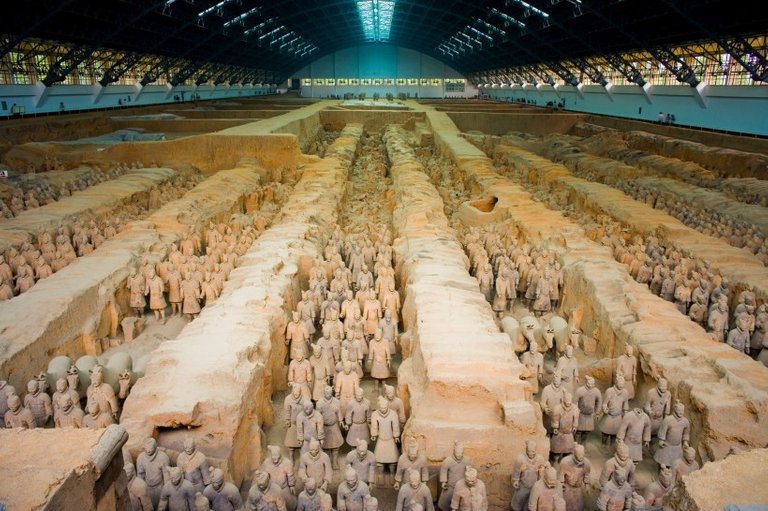The ancient name of Xi'an, Chang'an, is located in the central Guanzhong basin in the hinterland of the Yellow River Basin, and is one of the birthplaces of the Chinese nation and Eastern civilization. As early as 1 million years ago, Lam Tin ancient humans built a settlement here; during the Yangshao culture period of 7,000 years ago, the city's rudimentary form had already emerged. Xi'an has more than 3,100 years of history of building the city and more than 1,100 years of history of the capital of the country. There have been 13 dynasties of the Western Zhou Dynasty, Qin Dynasty, Western Han Dynasty, Eastern Han Dynasty, New Kingdom, Western Jin Dynasty (Xi Emperor), Qianzhao, Qianqin, Houqin, Xiwei, Beizhou, Sui and Tang dynasties. In this capital, it was also the capital of the peasant uprising regime of Chi Mei, Greenwood, Daqi (Huang Chao), Da Shun (Li Zicheng). Since the Western Han Dynasty, Xi’an has become an important city for economic and cultural exchanges and friendly exchanges between China and other countries in the world. The "Silk Road" starts from Chang'an and ends at ancient Rome. Xi'an is a world-famous historic city with the same name as Rome, Athens, and Cairo. It is also the longest history of China's six ancient capitals, and the Chang'an Culture represents the backbone of Chinese culture. The name "Xi'an" began in the Ming Dynasty. From Yuan to Yuan nine years (1272), Yuan Shizu's three sons were busy (la, sound "wa") as King of Anxi, guarding here, changing Jingzhao Prefecture to Anxi Road. In the first year of Yuan Huangqing (1312), Anxi Road was changed to Fengyuan Road. Ming Hongwu two years (1369), Fengyuan Road to the Xi'an House, the capital city referred to as Xi'an, the name has been used up to now.
Westerners have: "Do not read Qin, can not be counted on to China"

Then how did the Terracotta Army come from?
The Terracotta Army is a category of ancient tomb sculptures. In ancient times, people were enslaved. Slave was an accessory before the birth of the slave. After the death of the slave owner, the slave was buried as a funeral for the slave owner. The Terracotta Warriors and Horses were made into sacrificial animals in the shape of soldiers and horses (chariots, war horses, soldiers).
Now that we know the Terracotta Warriors and Horsemen, let's not forget one of the most important figures in history. He is the First Emperor of Qin and will take you to understand him next time. Thank you for watching.
Hi @painshow, I gave you a upvote + follow, very happy if you do it for me again @kaiuno
Thank you, I will take you more in-depth understanding of the places of interest in China